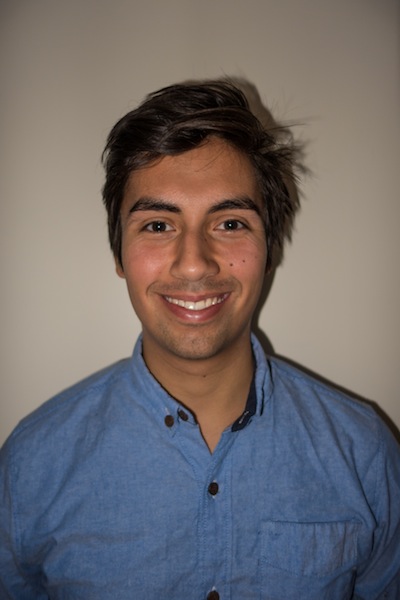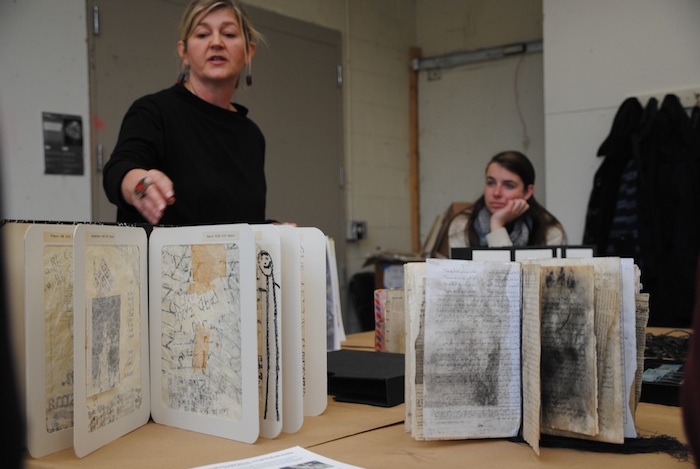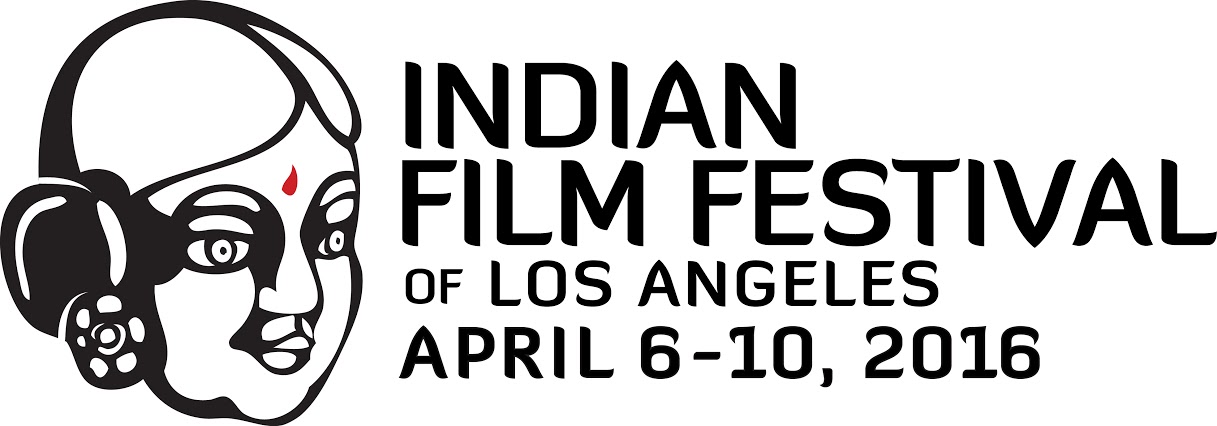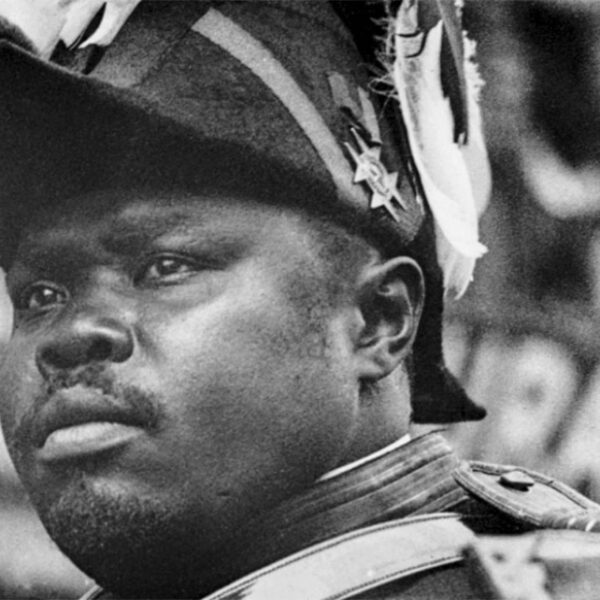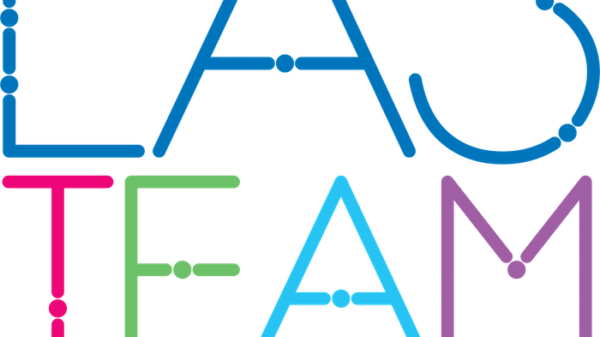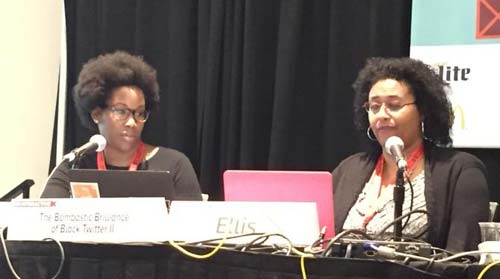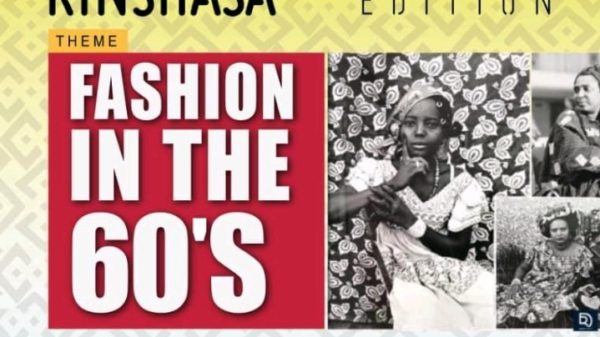Violent crime and absenteeism among youth divides Somali-Canadian community
TIM, Heritage, Benjamin Chacon
Hour after hour, mothers and fathers of Somali descent march in front of the Toronto District School Board office, chanting, waving pickets, and crying “Shame” and “Leave us alone.” Their voices echo through the streets of North York.
For the past year, the school board has been the site of numerous clashes between Somali-Canadian protesters, and members of the Task-Force on the Success of Students of Somali Descent, an initiative formed by the board in January 2013 to address the growing problems of violent crime and absenteeism among Somali-Canadian students.
The demonstrations point to a growing rift within the Somali community itself, between those who welcome government intervention to address youth issues and those who feel the task force is racist and paternalist.
Many Somali-Canadians favor the board’s efforts to address problems of student absenteeism. Muna Ali, 25, a co-founder of a Toronto-based organization that works to empower young Somali women, says “I, for one, am happy about the task force and the work they do to help the young Somali men and women in our community.”
But many more express mistrust toward the school board, describing its efforts as “extremely offensive.”
“Our children are born and raised in Canada; we don’t need a special brand of education,” says Suban Abdullah, 53, a protester with three children. “We don’t need more labeling and separation. We’ve had enough already.”
Since 2008, dozens of Toronto’s young Somali men have been murdered, the majority in the housing projects of Dixon Road and Islington Avenue.
The most recent victim is 18-year-old Yusuf Ali, a high school dropout of Somali origin who was killed in Toronto’s Regent Park on Oct. 6.
The murders have led to renewed calls from Somali community leaders for assistance to help stop the bloodshed. Families of the deceased have been especially vocal.
“The community is bleeding and, if nothing is done, another Somali man will be murdered,” says Habiba Adan, whose 26-year-old son, Warsame Ali, was gunned-down in Toronto in 2012. “This is not a Somali issue. This is a Canadian issue.”
Yet, despite the recent spate of violence, the Somali community is divided on how to address the issues of crime and inequality.
On Sept. 15, Mahamad Accord, president of the Canadian Somali Congress, wrote an open letter to Prime Minister Stephen Harper, urging him to address the need for programs and resources to reach out to disaffected Somali youth in Canada.
“Those most vulnerable are first-generation Canadians who are often socially isolated, without healthy ties to family or community, and without responsibilities to keep them here,” writes Accord.
Two weeks after his letter was made public, a group of Somali leaders and parents rallied together to express their concern that the letter would stigmatize the Somali community.
“We’ve been here for over two decades and we’ve tried so hard to be a part of the fabric of Canadian society,” says Naima Haile, 47, a parent liaison for Somali Canadian Women and Children. “I’m a parent. My daughter is in first year university and I’m worried [she will be] scrutinized when she looks for a job or when she mingles in society.”
Currently, this back and forth has no foreseeable end in sight. However, with grim statistics showing that 25 percent of all Somali youth are dropping out of school or being expelled each year, members of the Somali community are united in one belief: that something must be done to help their youth.
“We are in a crisis, we need to own up to the problem,” says Abdifatah Warsame, 37, co-founder of a mentorship program for Somali-Canadian youth. “We have to put a mechanism in place to protect our young people. Whether this comes from inside our community or from outside doesn’t matter anymore.”
Benjamin Chacon is a graduate of the International Relations program at the University of Toronto’s Trinity College. His writing has appeared in editorial campaign featured within the Toronto Star, National Post and the Vancouver Sun. He is currently pursuing a Master of Liberal Arts in Journalism at the Harvard Extension School.

